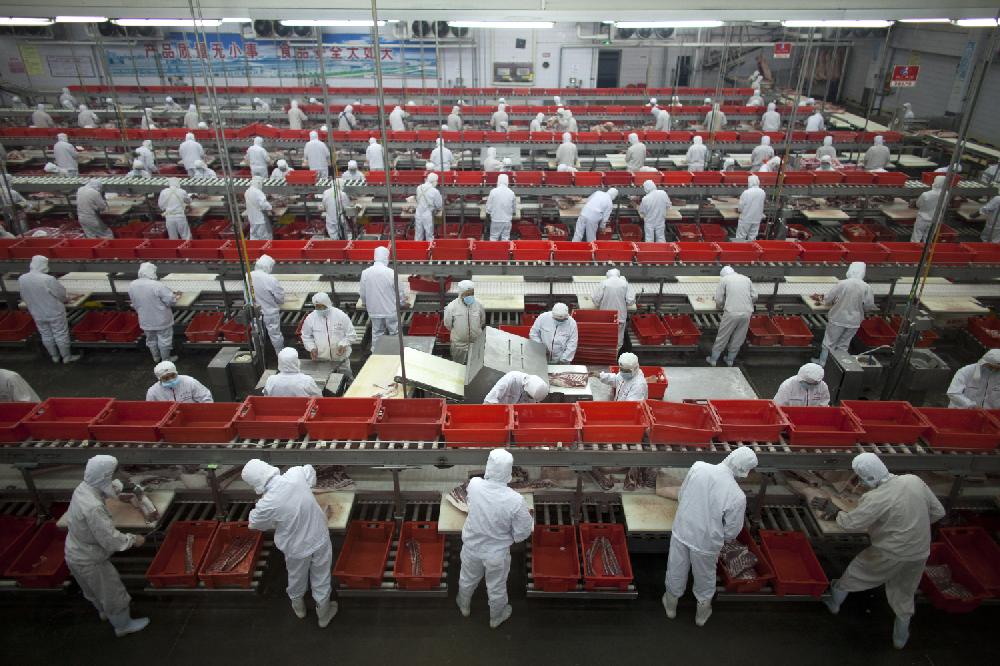Recently the organic food seals business has gone through the roof, and as it goes wherever there is a big money involved corruption is likely to follow.
Most of us know the advantages of using organic food for our health, but do we actually know if the pricey organic food that we are buying at the local shop is actually indeed organic.
Some people believe that the food we buy labelled as organic is far from being ‘organic’, suggesting that the food is actually a fake organic produce sneaking into our stores via a backdoor to China.
With organic food prices skyrocketing, many food stores look for cheaper supply options such as Europe for example where the guidance for organic food is not as strict as in the US. Unfortunately, though, most of the supplies that the European countries use are actually sourced from China.
It has been known for a while now about China’s low food and safety standards to the point where US customer product safety commission has written up a list of products that are not allowed in the US.
As Greenpeace reports, “contamination of soil with a number of toxic metals, including cadmium and lead, is known to be an existing problem for many parts of Hunan Province, China. High levels of these metals have also been reported for rice grown in many parts of the province.”
One of the main contaminators in China is their water and soil found to be toxic and not suitable for growing food that is a later consumed by humans.
One of the China’s biggest farming location is actually found in the area along the Yellow and Yangtze Rivers, which are known to be extremely polluted because of the close proximity to thousands of Chinese factories dumping their toxic waste in the same water that is later used for farming.
What’s even more concerning is that our food the safety lawmakers are unable to track down the source of some food sold in the supermarkets, thereby often exposing us to chemicals and toxins that deteriorate our health.
At the top of the list of products imported from China are some products that use on daily basis:
Rice
Bottled water
Milk
Apple
Peach
Strawberries
Banana
Tilapia
Apple Juice
Canned Mushrooms
Peeled Garlic
One of the best ways to avoid consuming foods that are produced in questionable countries is to grow it yourself. A small vegetable garden is cheap to maintain and will provide healthy and delicious food for the whole family.
Spread this news by SHAREING this article on Facebook!
Source
Global Sales of Organic Food and Products Continue to Rise
China reveals deep consumer product quality problems
The U.S. Consumer Product Safety Commission
CNN: Why your food might not be as safe as you think.
Perchlorate in sewage sludge, rice, bottled water and milk collected from different areas in China


[…] you may not mind where the water you are paying for is sourced from, it’s worth knowing that purified water from the local water systems is basically plain old tap […]